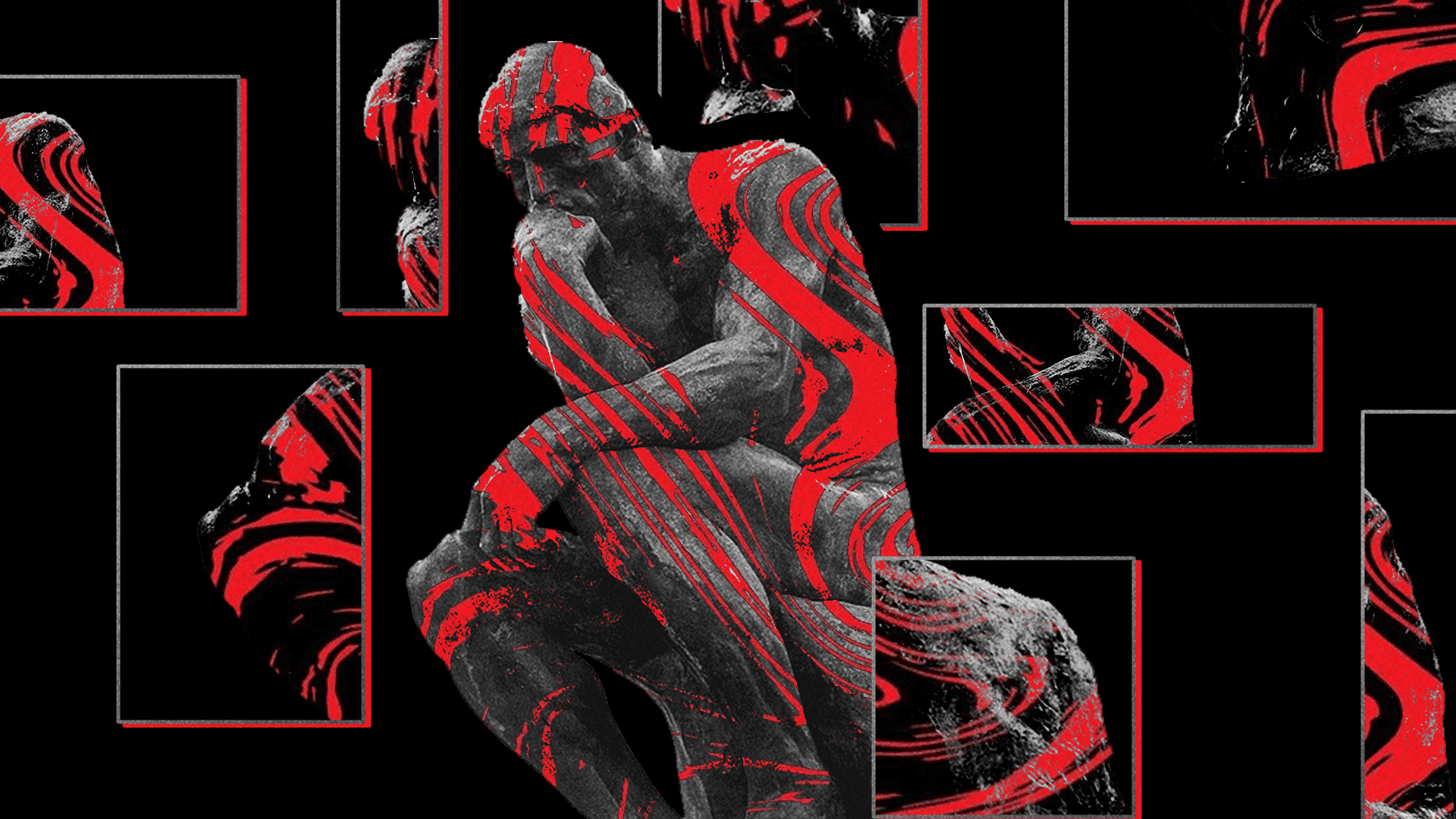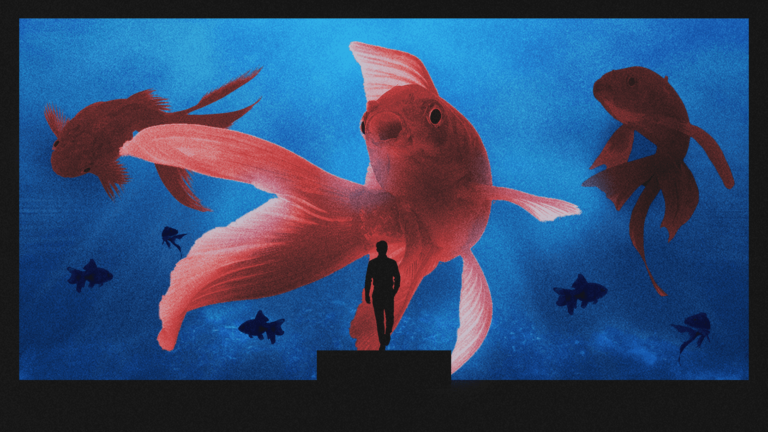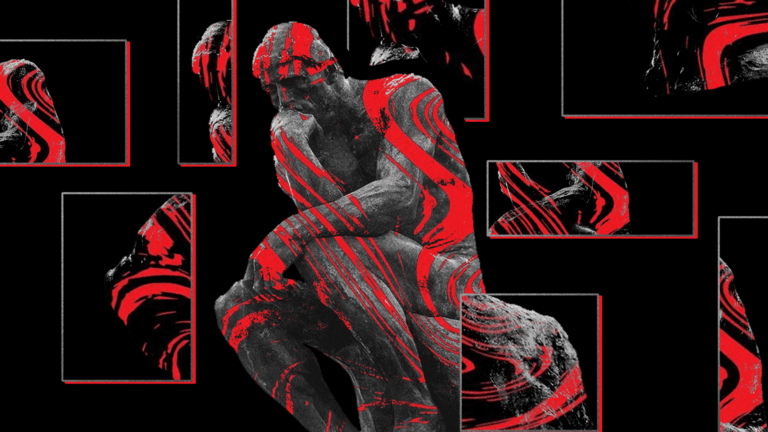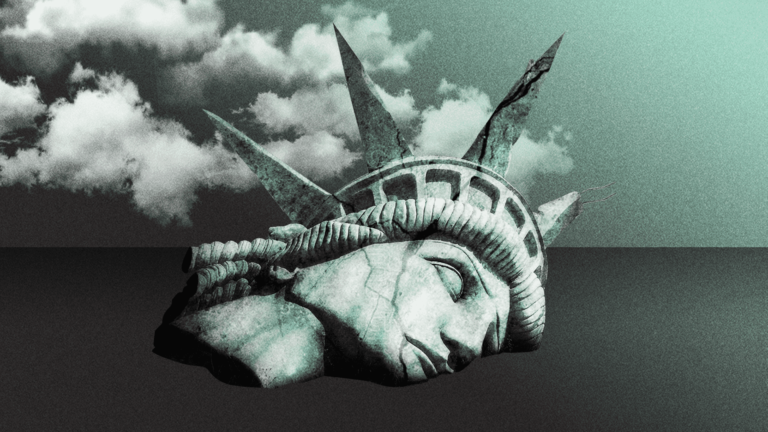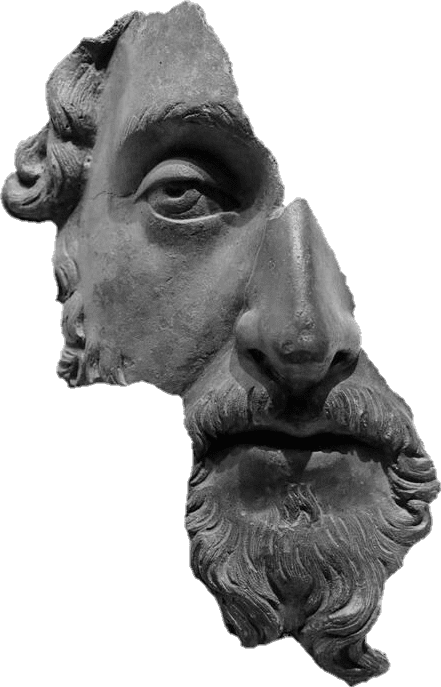The maximum time horizon for many people is summed up with:
“So what are you doing this weekend?”
They think in short time horizons. You, however, aren’t one of those people (not after finishing this post)
Why? Because you’ll gain some amazing insight for long-term thinking.
Heres the first framework:
It’s called regret minimization and it comes from Jeff Bezos. It’s incredibly digestible and comes from one of the best decision-makers alive. It’s something that’s been invaluable to me once I implemented it into my decision making latticework. Prior to making a decision. Jeff (probably unconsciously at this point) thinks:
“When I’m on my deathbed, what will I regret doing the least”.
It’s a great framework. When framed against your death, you have the courage to make decisions you otherwise wouldn’t. It keeps you from living a life of regret.
The inversion is key here. You could regret doing several things (as your subject to resulting, etc) but would regret not doing a lot less (mistakes of omission)… these are the things that matter most. Inversion always makes a stronger argument.
The second is from Brunello Cucinelli and takes things a step further than Jeff. Brunello talks about seeing everyone alive today as custodians of humanity. In this view, he looks beyond the 80 year lifespan in order to think over millennia.
Brunello recognizes the stock and flow of all human life and how our lives will rollover the next generations. He understand succession. He thinks not only about what he will regret not doing the most, but also how this will affect others. He sees the infrastructure of humanity as ours to temporary hold and thinks in terms of 2nd and 3rd (and nth) order effects. Brunello aims to invest in capital that are high lindy to span beyond lifetimes. This is seen through his library.
But… let’s be real. How the f*** are you supposed to think in 1000 year increments? 💁
Like. Seriously! It sounds good to spark the imagination or gain goodwill but is it actually feasible?
Well, as it turns out… it is:
You plan in 1000 year increments by building an adaptive system. There’s no way you can possibly plan from your current point 1000 years out with linear thinking. This is because the foundation which your system operates from will be drastically different than it is now. There are just too many unknown unknowns.
So, then what can you do?
Well… as Bryan Johnson puts it:
“You give the [system] the tools to navigate a shifting landscape so it will reach its endpoint”
By equipping the system with the tools it needs to adapt to a shifting environment you factor in the certainty of uncertainty!
Only then will a system be robust.
Make sure the keep this in mind the next time you’re analyzing a company for acquisition or investment… it’ll serve well when finding synergies within like-companies. Don’t forget to enter your email in the sidebar to sign up for the QYP newsletter for more frameworks like these!

